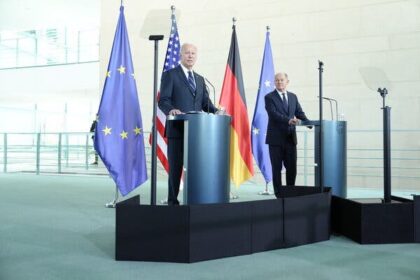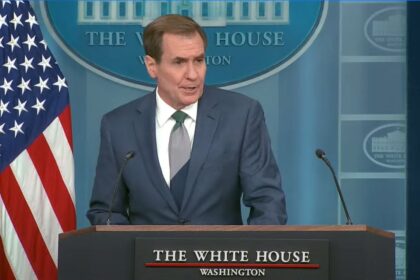**India’s Nayara Energy Changes Payment Terms After EU Sanctions**
In a move that has sparked interest among oil traders, Indian refiner Nayara Energy has revised its payment terms for selling a spot naphtha cargo. This change comes after the European Union imposed sanctions on the company as part of its 18th package of measures against Russia.
According to a document seen by Reuters, Nayara is now seeking advance payment or a letter of credit from potential buyers for the 33,000-35,000-metric ton naphtha cargo. This cargo is set to be loaded between August 14 and 18. The tender, which was issued on Monday, will close on the same day with bids valid by then.
This shift in payment terms suggests that Nayara Energy is trying to mitigate risks associated with selling oil products after being sanctioned by the European Union. By requiring advance payments or letters of credit, the company can ensure timely payment for the cargo, reducing its exposure to potential payment defaults.
The revised payment terms are a response to the EU’s sanctions, which were announced on Friday. Rosneft, Russia’s largest oil producer and part-owner of Nayara Energy, has vehemently opposed these sanctions, calling them “unjustified and illegal.”
Nayara Energy’s decision to revise its payment terms may have implications for the global oil market. The company’s naphtha cargo is a significant product, used as a feedstock in the production of petrochemicals. Any changes in payment terms or sales strategies by Nayara could impact the availability and pricing of this crucial commodity.
**Impact on Global Oil Market**
The revision of payment terms by Nayara Energy may be a sign that the company is trying to navigate the complex web of international sanctions and trade restrictions. As global energy markets continue to evolve, companies like Nayara must adapt to changing circumstances to remain competitive.
The EU’s sanctions against Nayara Energy are part of a broader effort to pressure Russia over its actions in Ukraine. However, these measures may also have unintended consequences for other countries and businesses involved in the oil trade.
As the situation unfolds, it will be crucial to monitor how Nayara Energy’s revised payment terms affect the global oil market. Will this change lead to increased competition among buyers, or will it create new challenges for companies looking to purchase naphtha cargoes? Only time will tell.
Read More @ www.reuters.com












